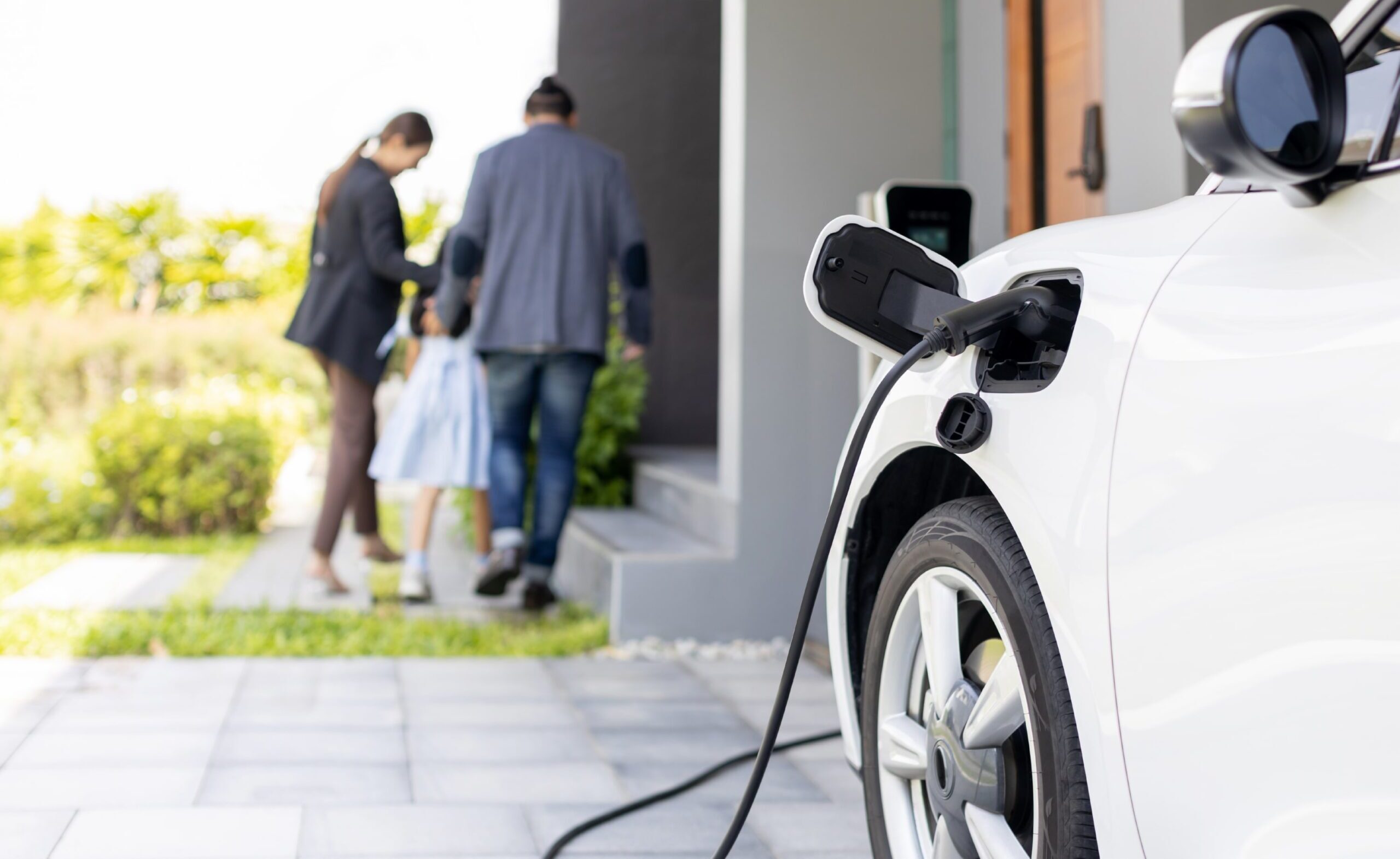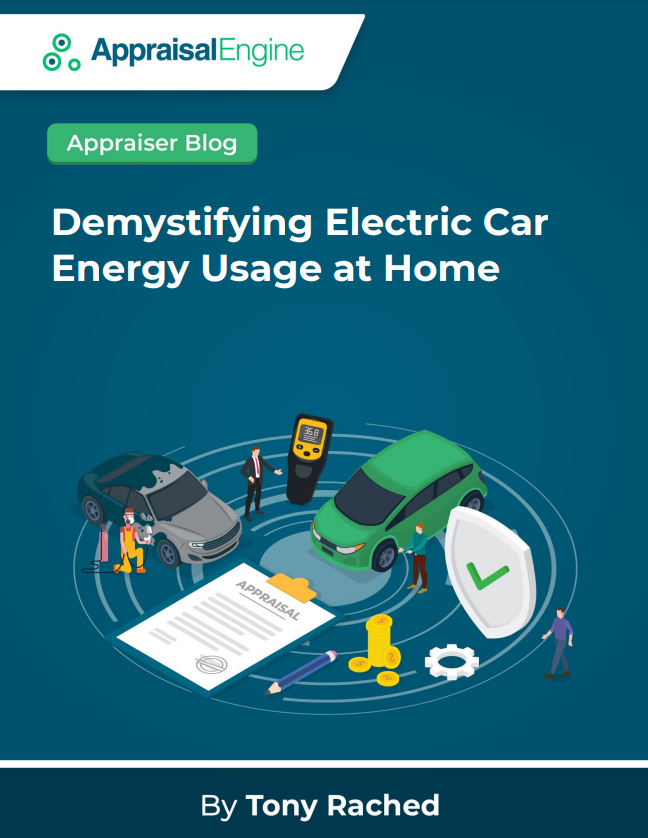Demystifying Electric Car Energy Usage at Home
Curious about the energy impact of charging your electric car at home? If you are considering getting an electric vehicle for yourself, throughout this article we’ll explore the electricity consumption of EVs and how it influences your energy bill.
You can access the PDF version of this article by clicking here.

Key Points
How Much Electricity Does an Electric Car Use?
Determining the electricity usage of an electric car involves considering factors like efficiency, driving habits, and the capacity of the vehicle’s battery. On average, an electric vehicle consumes approximately 394 kilowatt-hours (kWh) per month. This figure might seem abstract, but this article will demystify it, explaining the kWh unit, how the estimation is derived, and the corresponding costs.
Thinking of an EV’s Battery as a Fuel Tank
Visualize an EV’s battery as the equivalent of a traditional car’s fuel tank. Battery sizes vary from around 30 kWh in smaller EVs to over 200 kWh in larger models. The battery capacity alone doesn’t dictate energy consumption; factors such as driving efficiency play a crucial role in determining the energy required to power an electric car.
Calculating EV Efficiency
Unlike traditional vehicles measured in miles per gallon, EVs use miles per kilowatt-hour (kWh). The Environmental Protection Agency provides estimates for each EV, helping consumers understand the vehicle’s efficiency. The article emphasizes kWh as the primary metric, providing clarity on how much energy is needed to drive an electric car.
How Much Do You Drive?
Considering the average American’s daily commute of 37 miles, the article breaks down energy consumption based on efficiency. For instance, an efficient EV may use 281 kWh per month, while a less efficient one could use up to 700 kWh. The article then relates these figures to monthly electricity bills, providing a practical perspective on the costs associated with charging an electric car.
The Cost of Charging at Home
To determine the cost of charging an EV at home, the article instructs readers to multiply the vehicle’s kWh per mile estimate by the annual mileage and then by the local electricity rate. It provides a clear example, showing that, despite an annual cost of $945 for home charging, electric cars offer substantial savings compared to traditional gas-powered vehicles.
Electric Car Charger Electricity Usage
Switching gears, the article explores the electricity usage of home EV chargers, highlighting that they typically consume about 7,200 watts. The analysis demonstrates how different models and driving habits impact monthly electricity consumption, providing a comprehensive view of the energy requirements for charging an electric car at home.
Types of EV Chargers
The article categorizes electric vehicle chargers into Level 1, Level 2, and Level 3, focusing on Level 2 chargers commonly used at home. It helps readers understand the different wattages and their implications, offering insights into the variety of chargers available for residential use.
Monthly and Yearly Costs by State
Highlighting regional variations in electricity rates, the article provides a breakdown of monthly and yearly costs to run an electric car in different U.S. states. It emphasizes that, while the initial investment might seem high, the long-term savings on fuel costs make electric vehicles a cost-effective choice.
Frequently Asked Questions
Answering common queries, the article addresses the best time to charge an electric car, the battery size needed, and the role of solar panels. It helps readers navigate the intricacies of EV ownership, offering practical information on optimizing charging costs and efficiency.
Conclusion
In conclusion, the article emphasizes the growing popularity of electric mobility and the importance of understanding the energy consumption associated with charging an electric car at home. By breaking down complex concepts and providing practical examples, it aims to empower readers to make informed decisions about embracing electric vehicles.
For further information about EV charging check out this other article: Understanding EV Charge and Range Anxiety





